Where does personal responsibility end and community responsibility begin?
I had a fascinating discussion about this tricky issue with Scott Langford, the 80th person I’ve met on my quest to have lunch with 500 strangers.
Scott is the group CEO of SGCH, a community housing provider that houses about 11,000 people in over 6,300 properties throughout Sydney.
On the one hand, Scott believes in personal responsibility; on the other, he knows there are times when people desperately need outside help.
Sometimes, it might be because they’ve made bad decisions; at other times, it might be because they’ve been the victims of other people’s decisions.
Scott also has to wrestle with tough choices in his role as leader.
Occasionally, a SGCH tenant might engage in threatening behaviour. How to respond? If Scott allows the tenant to stay, he might jeopardise the safety of other residents. But if he orders the tenant to be evicted, they might end up on the streets and in danger themselves.
While SGCH is a not-for-profit, Scott deliberately refers to it as a “business”. As he says, the more income SGCH generates, the more money it can reinvest in community housing.

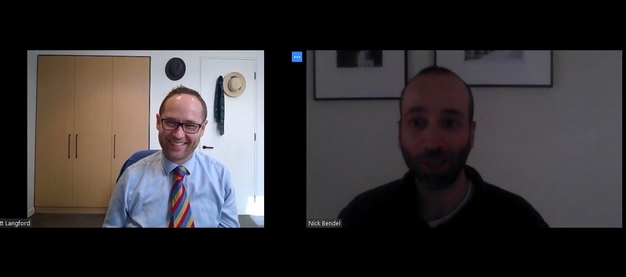
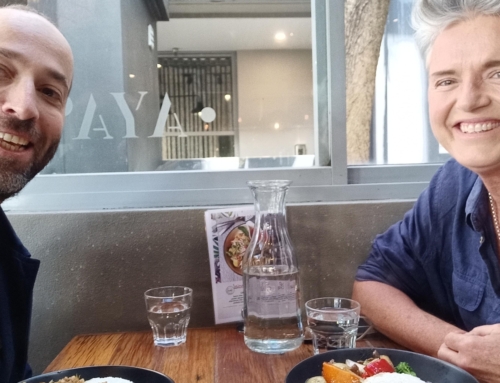
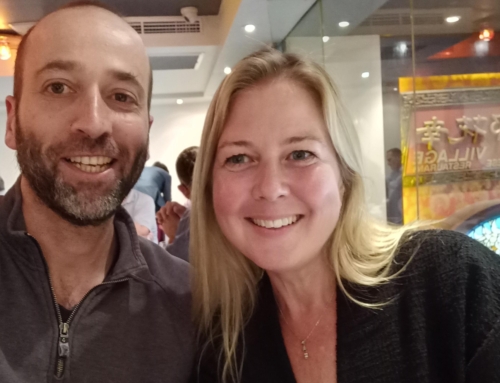
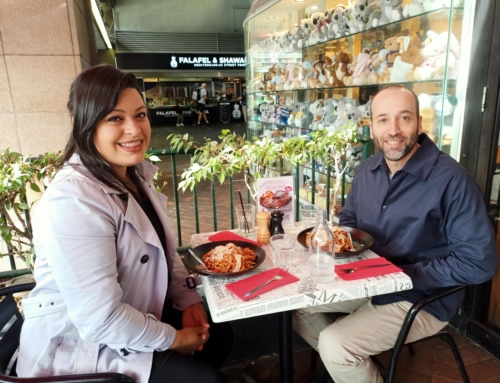
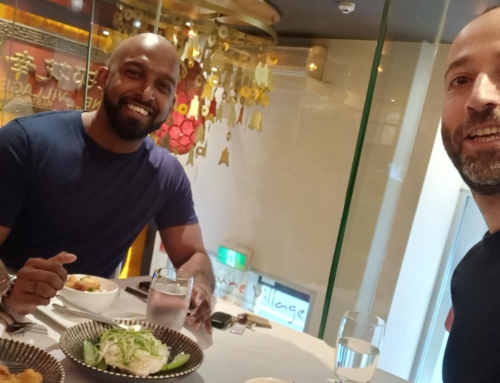
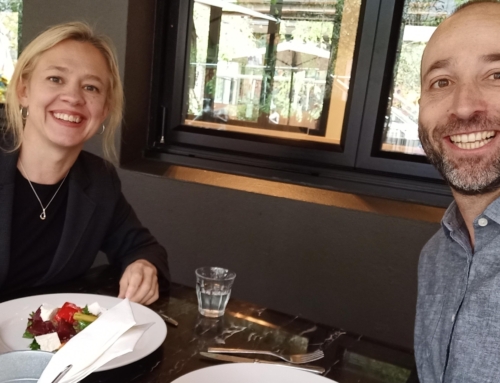
Leave A Comment